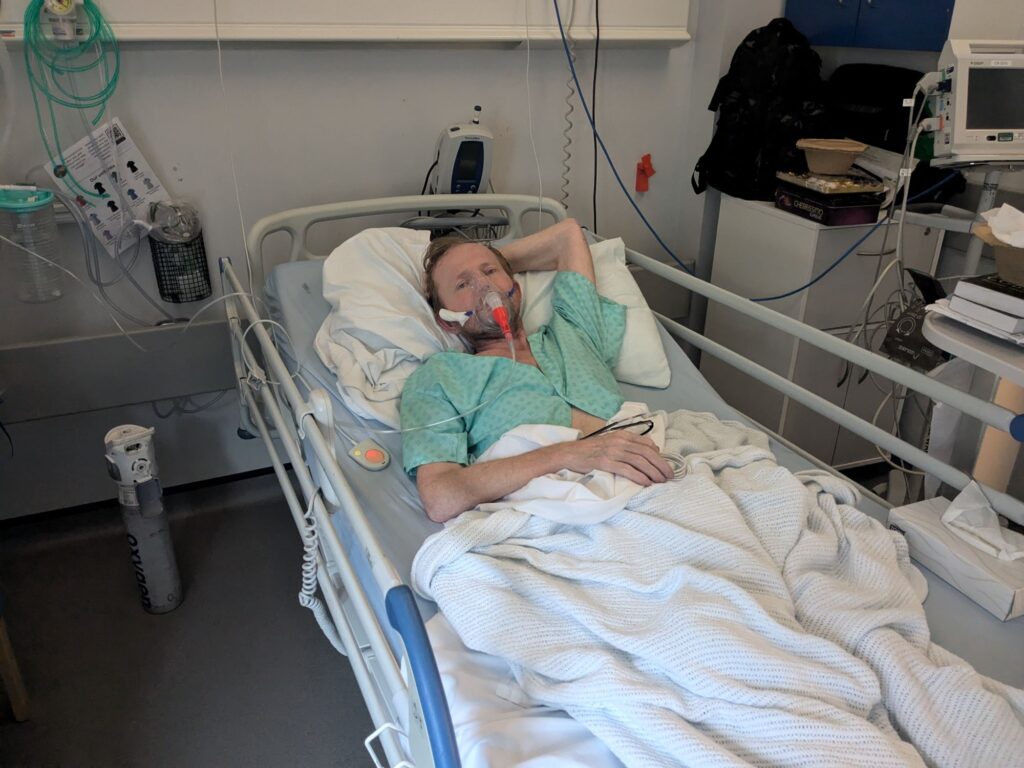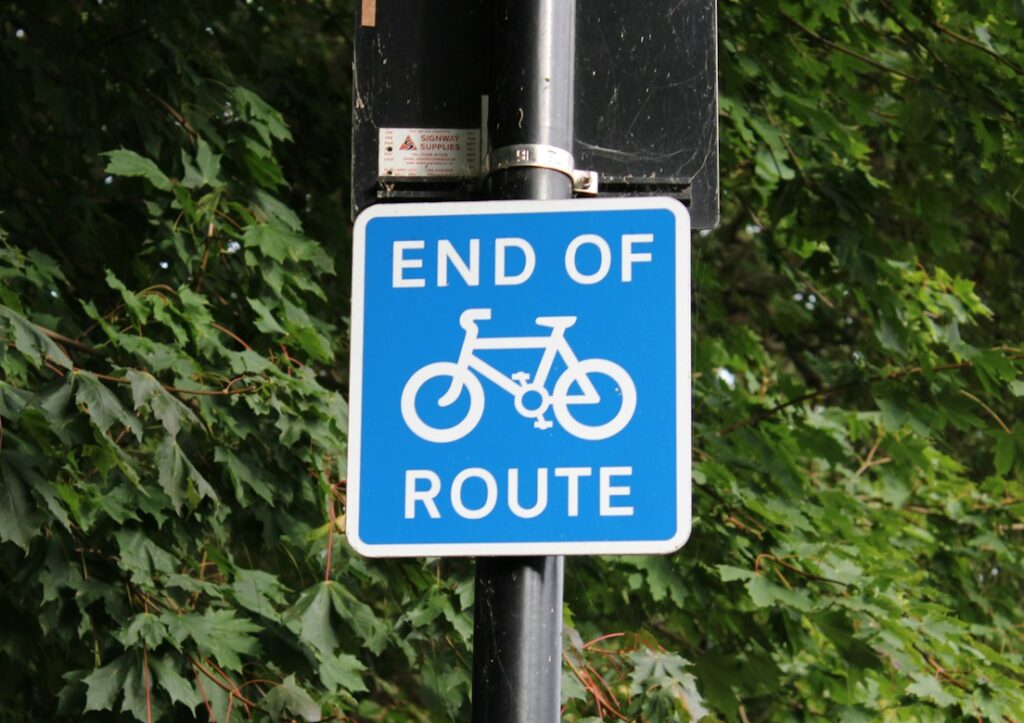By being reliant on owning a car, the UK’s poorest households are spending a disproportionate share of their income on getting about, new research from the Institute for Public Policy Research has found.
Because the absence of affordable and accessible public transport has created a reliance on private vehicles, it was found that for households on the lowest incomes, transport can consume up to a quarter of that income, placing significant pressure on already stretched budgets.
The national average household transport spend is £108 a week for car owners and just £13 a week for non-car users, yet the poorest fifth of households spend 18% of their income on transport overall, and 25% if they own a car, compared to just 9% for the richest fifth.
The report argues that a failing public transport system is deepening social inequality, making it harder for people on low incomes to access jobs, education, and healthcare.
In addition to financial pressures, the survey found that 75% of low-income respondents said the cost of running a car makes it hard to afford essentials, while two-thirds said the same about public transport costs. One in five said their transport problems were life-limiting.
The report also highlights that the government’s current transport decarbonisation strategy does not adequately address the inequality built into the system. Wealthier individuals contribute far more to transport emissions but face fewer barriers, while poorer people shoulder the financial and environmental burdens.
IPPR calls for solutions including new funding for local bus services, support for affordable electric vehicle access, and tax reforms to lower the cost of public charging. It also urges policymakers to reduce car dependency overall through better public transport and active travel infrastructure.
Becca Massey-Chase, principal research fellow at IPPR, said: ‘Too many people are locked out of opportunity because the transport system simply doesn’t work for them. Parents are out of work, kids are late to school, and medical appointments are missed — not because people are unwilling, but because the buses don’t turn up or the cost of a journey is unaffordable.
‘If the government is serious about tackling poverty, it must fix local transport. That means cheaper, more reliable services — designed with and for the people who rely on them most.’
Becca Lyon, Head of England at Save the Children UK, added: ‘Poor access to transport puts families in unfair situations and makes life much harder. Many families can’t afford a car or would spend a huge proportion of their weekly budget running one. For those relying on trains and buses, they can be faced with unreliable services and high fares.
‘During this research we heard how parents faced sanctions from the job centre for being late to appointments because of unreliable transport and children using their birthday money to pay for the train to school.
‘We fear transport is becoming increasingly inaccessible to families and is an under-explored outcome of the cost of living crisis. It comes up as a major issue time and time again. It’s clear that more investment in affordable local transport options is needed to give families more choice about how they spend their money.’
The full report can be read here.


















Leave a Reply